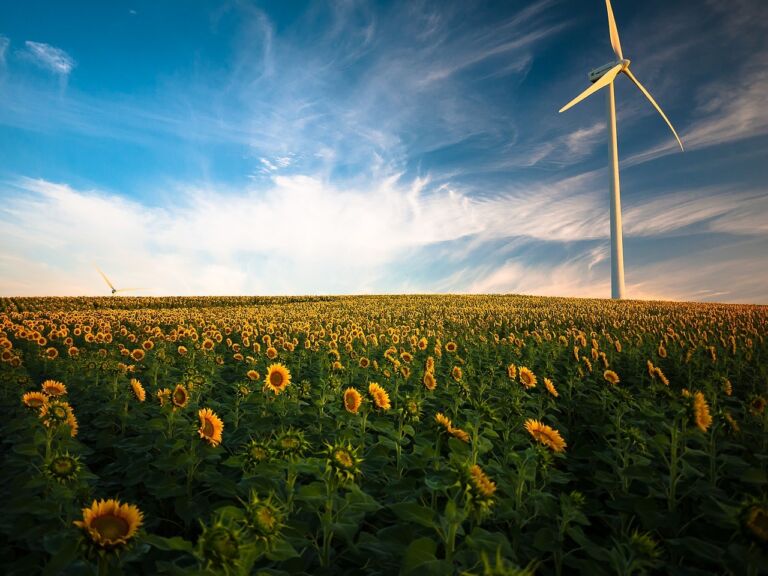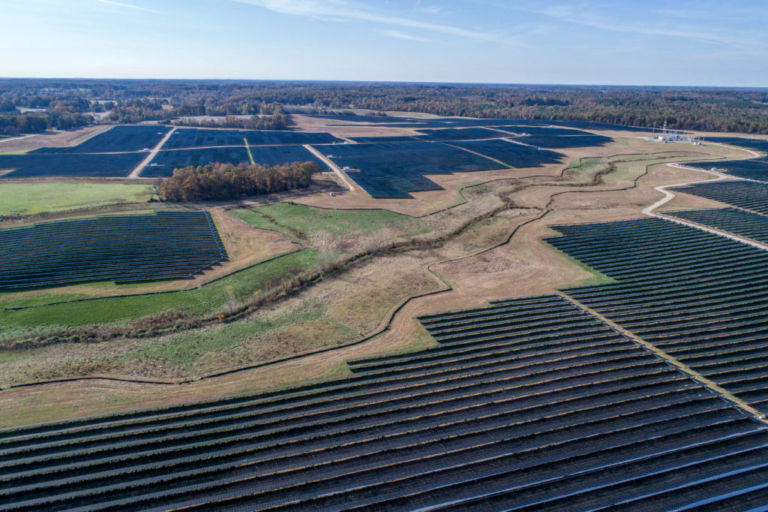That’s the title of a piece by Michael Shellenberger that appeared in Forbes today. Shellenberger begins by making it clear that he is not a climate change denier. On the contrary, he says:
Climate change is an issue I care passionately about and have dedicated a significant portion of my life to addressing. I have been politically active on the issue for over 20 years and have researched and written about it for 17 years. Over the last four years, my organization, Environmental Progress, has worked with some of the world’s leading climate scientists to prevent carbon emissions from rising. So far, we’ve helped prevent emissions increasing the equivalent of adding 24 million cars to the road. …
I feel the need to say this up-front because I want the issues I’m about to raise to be taken seriously and not dismissed by those who label as “climate deniers” or “climate delayers” anyone who pushes back against exaggeration.
Nevertheless, he suggests, there’s a right way and a wrong way to talk about climate change:
Journalists and activists alike have an obligation to describe environmental problems honestly and accurately, even if they fear doing so will reduce their news value or salience with the public. There is good evidence that the catastrophist framing of climate change is self-defeating because it alienates and polarizes many people. And exaggerating climate change risks distracting us from other important issues including ones we might have more near-term control over.
He goes on to castigate people like Greta Thunberg and Alexandria Ocasio-Cortez who have been doing it wrong, while also presenting what he regards as a responsible, scientifically defensible overview of the topic. Here’s what he says about natural disasters:
In 1931, 3.7 million people died from natural disasters. In 2018, just 11,000 did. And that decline occurred over a period when the global population quadrupled.
About sea level rise:
IPCC estimates sea level could rise two feet (0.6 meters) by 2100. Does that sound apocalyptic or even “unmanageable”?
Consider that one-third of the Netherlands is below sea level, and some areas are seven meters below sea level. You might object that Netherlands is rich while Bangladesh is poor. But the Netherlands adapted to living below sea level 400 years ago. Technology has improved a bit since then.
About claims of crop failure, famine, and mass death:
That’s science fiction, not science. Humans today produce enough food for 10 billion people, or 25% more than we need, and scientific bodies predict increases in that share, not declines.
The United Nations Food and Agriculture Organization (FAO) forecasts crop yields increasing 30% by 2050. And the poorest parts of the world, like sub-Saharan Africa, are expected to see increases of 80 to 90%.
Nobody is suggesting climate change won’t negatively impact crop yields. It could. But such declines should be put in perspective. Wheat yields increased 100 to 300% around the world since the 1960s, while a study of 30 models found that yields would decline by 6% for every one degree Celsius increase in temperature.
Rates of future yield growth depend far more on whether poor nations get access to tractors, irrigation, and fertilizer than on climate change, says FAO.
There’s much more in the piece, so read the whole thing. And give copies to your friends and family. Don’t let the climate doomsayers monopolize the discussion.


